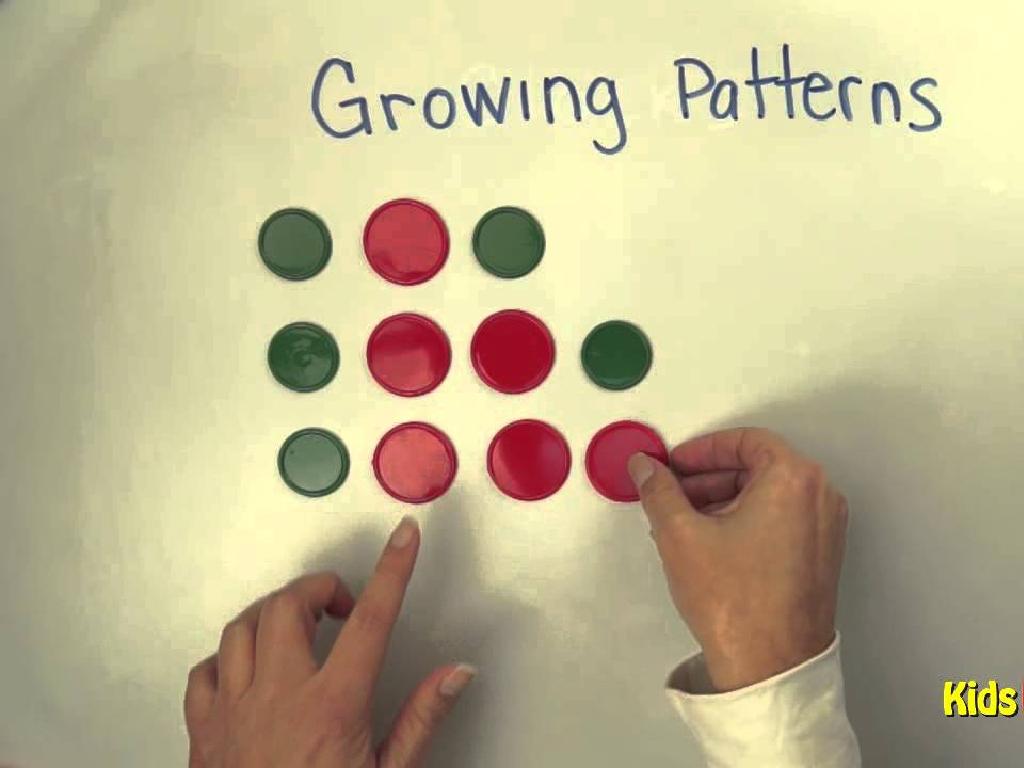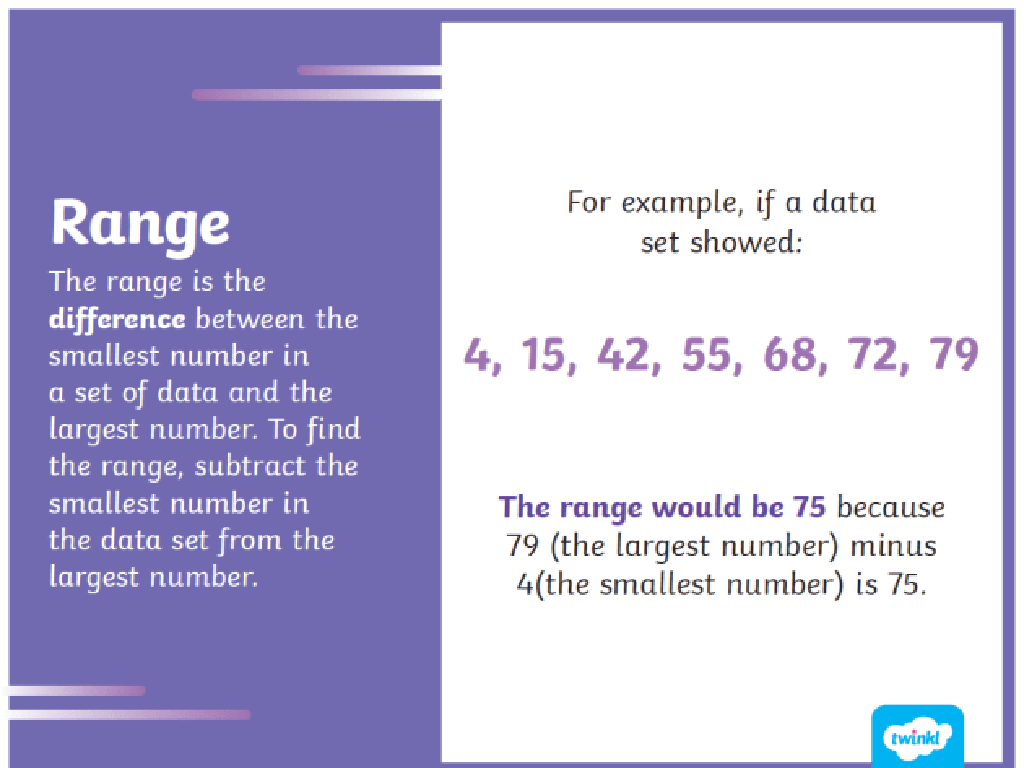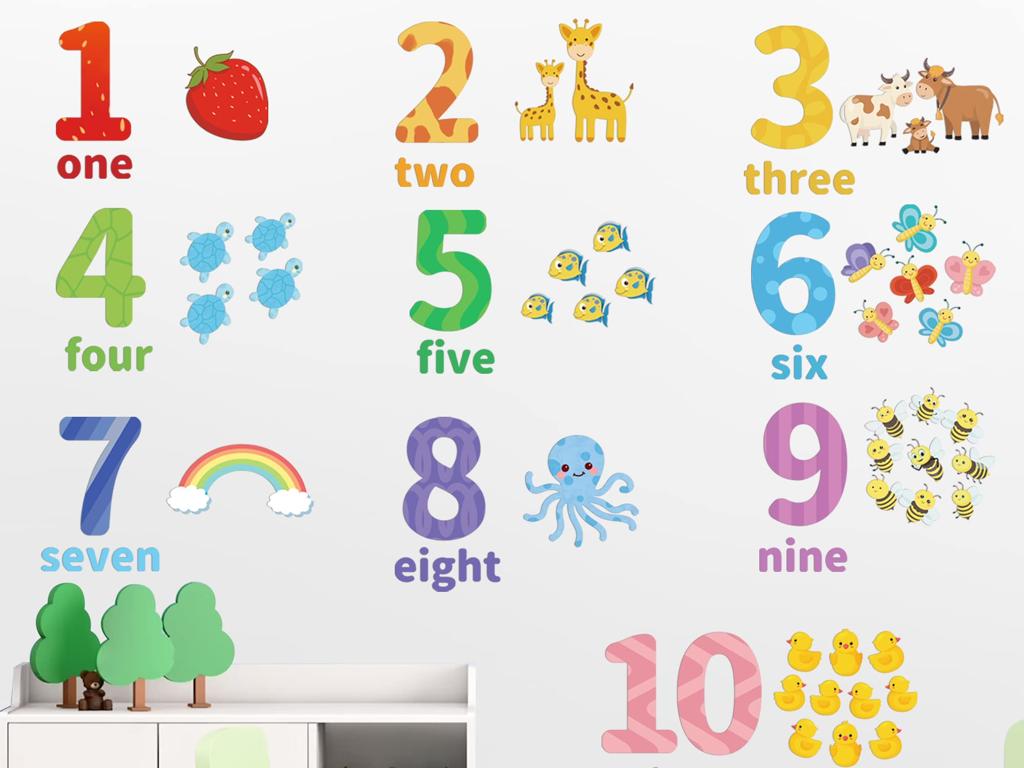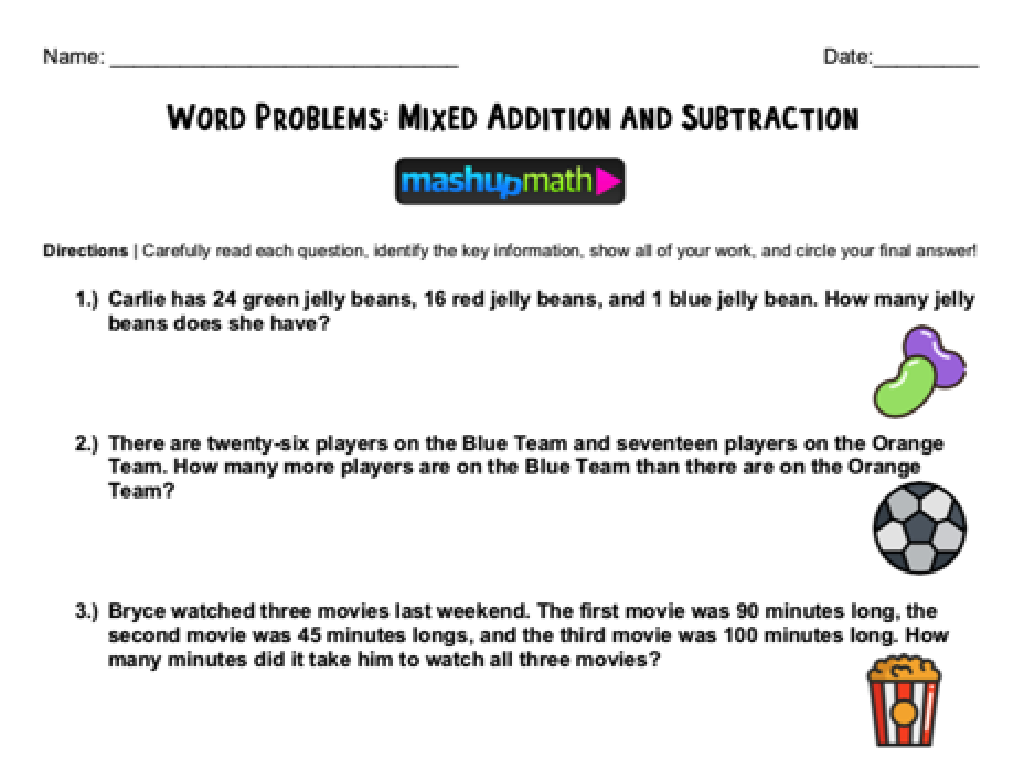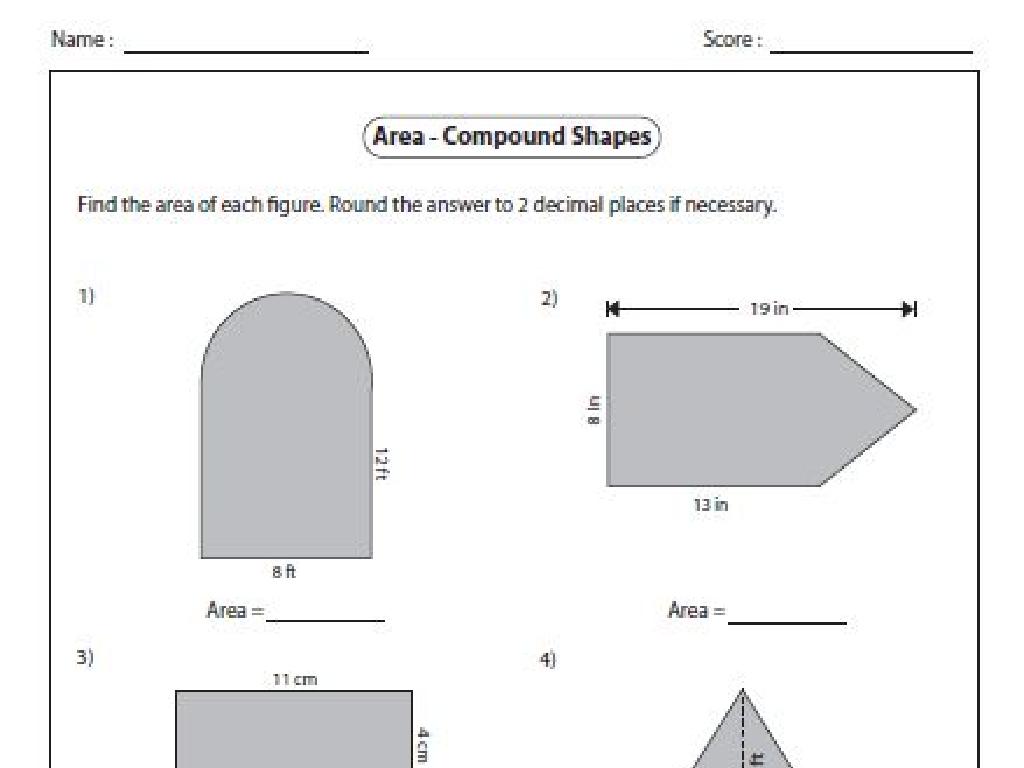Words With -Able And -Ible
Subject: Language arts
Grade: Fifth grade
Topic: Prefixes And Suffixes
Please LOG IN to download the presentation. Access is available to registered users only.
View More Content
Exploring Prefixes and Suffixes
– Building blocks of words
– Defining prefixes and suffixes
– Prefixes come before the root word, suffixes come after
– Common prefixes: un-, re-, pre-
– ‘un-‘ means not, ‘re-‘ means again, ‘pre-‘ means before
– Common suffixes: -able, -ible, -ful
– ‘-able’ means can be done, ‘-ible’ means capable of, ‘-ful’ means full of
|
This slide introduces the concept of prefixes and suffixes, which are essential components that modify the meanings of root words. Understanding these can help students decode unfamiliar vocabulary. Prefixes are added to the beginning of a word to change its meaning, such as ‘un-‘, ‘re-‘, and ‘pre-‘. Suffixes, like ‘-able’, ‘-ible’, and ‘-ful’, are added to the end of words. Provide examples for each prefix and suffix to illustrate their meanings. For instance, ‘unhappy’ means not happy, ‘redo’ means to do again, ‘preview’ means to view before, ‘washable’ means can be washed, ‘accessible’ means capable of being accessed, and ‘joyful’ means full of joy. Encourage students to think of additional examples and discuss how the meaning of the word changes with different prefixes and suffixes.
Exploring ‘-able’ and ‘-ible’ Suffixes
– Meaning of ‘-able’ and ‘-ible’
– Both suffixes mean ‘capable of’ or ‘worthy of’
– Impact on word meaning
– They turn verbs into adjectives, indicating ability or suitability
– Example: ‘enjoyable’
– ‘Enjoyable’ means something that can be enjoyed
– Practice with more examples
– Find words in class and add ‘-able’ or ‘-ible’ to them
|
This slide introduces the suffixes ‘-able’ and ‘-ible’, which are commonly used to form adjectives from verbs, indicating the ability or suitability of something. For example, ‘enjoyable’ is derived from the verb ‘enjoy’ and means something that can be enjoyed. It’s important to explain that not all verbs can be directly suffixed with ‘-able’ or ‘-ible’; some may require a base word change. Encourage students to think of verbs and discuss as a class which suffix would correctly turn them into adjectives. Provide additional examples like ‘readable’, ‘perishable’, ‘visible’, and ‘audible’ to reinforce the concept. The goal is for students to understand how these suffixes modify the meanings of words and to begin recognizing and using them in their writing and reading.
Mastering Suffixes: -able vs. -ible
– When to use ‘-able’
– Use ‘-able’ when the root is a complete word e.g., ‘enjoyable’
– When to use ‘-ible’
– Use ‘-ible’ when the root is not a complete word e.g., ‘accessible’
– Tricky exceptions to note
– Words like ‘incredible’ don’t follow the rules
– Practice with examples
– Find words in books and decide if they are ‘-able’ or ‘-ible’
|
This slide introduces the rules for using the suffixes ‘-able’ and ‘-ible’, which are often confused. ‘-able’ is typically used when the root word is a complete word on its own, while ‘-ible’ is used when the root is not a complete word. However, there are exceptions to these rules that students need to memorize. Encourage students to look for patterns and practice with examples. Provide a list of words and ask students to classify them as ‘-able’ or ‘-ible’. Discuss the exceptions and why they are tricky, possibly due to their origin from Latin or other languages. This will help students understand that English is a language with many influences, and memorization plays a role in mastering it.
Playing with ‘-able’
– Discover words ending with ‘-able’
– Activity: Crafting ‘-able’ words
– Add ‘-able’ to base words to create new ones
– Example: ‘like’ to ‘likable’
– ‘Like’ + ‘-able’ = ‘likable’, meaning easy to like
– Share your ‘-able’ words in class
|
This slide introduces the suffix ‘-able’ and its application in word formation. The activity encourages students to experiment with adding ‘-able’ to various base words to create adjectives that describe something can be done. For example, ‘like’ becomes ‘likable’, which means something that can be liked. Students should be guided to understand that ‘-able’ often turns a verb into an adjective, indicating the ability or suitability of something. The teacher should provide additional examples and facilitate the activity by helping students think of base words that make sense when ‘-able’ is added. After the activity, students can share their creative words with the class, fostering a fun and interactive learning environment.
Practice with ‘-ible’: Creating New Words
– Find words ending with ‘-ible’
– Activity: Add ‘-ible’ to base words
– Turn a base word into an ‘-ible’ word
– Example: ‘respons’ + ‘-ible’
– ‘respons’ turns into ‘responsible’
– Share your new words in class
|
This slide introduces an activity focused on the suffix ‘-ible’. Students will search for and create new words by adding ‘-ible’ to base words. For example, adding ‘-ible’ to ‘respons’ creates ‘responsible’. The activity encourages students to explore how adding the suffix changes the meaning of the base word and forms a new adjective. Teachers should guide students to understand that ‘-ible’ often turns a verb into an adjective, indicating the ability or suitability for something. In the next class, students can share the words they’ve created and discuss the new meanings. This exercise helps students recognize patterns in word formation and enhances their vocabulary.
Suffixes in Action: -able and -ible
– ‘-able’ and ‘-ible’ in daily language
– Suffixes that mean ‘can be done’
– Suffix impact on word function
– They turn verbs into adjectives
– ‘Enjoyable’ movie example
– The movie can be enjoyed
– ‘Feasible’ task example
– The task can be done or achieved
|
This slide aims to help students understand how the suffixes ‘-able’ and ‘-ible’ are used to form adjectives from verbs, indicating that something ‘can be done.’ It’s crucial to show that these suffixes change the function of words in sentences, allowing us to describe things. For example, ‘enjoyable’ describes a movie that can be enjoyed, while ‘feasible’ describes a task that is possible to do. Encourage students to think of other verbs that could take these suffixes and ask them to use them in sentences. This will help solidify their understanding of how these suffixes function in everyday language.
Class Activity: Word Creation Challenge
– Split into groups for a challenge
– List words ending in ‘-able’ and ‘-ible’
– Think of ‘enjoyable’ or ‘incredible’
– Create sentences with your words
– ‘The movie was enjoyable because it was funny’
– Share your best sentences with the class
– Get ready to tell us why you liked your sentence
|
This activity is designed to encourage teamwork and creativity while reinforcing the lesson on suffixes ‘-able’ and ‘-ible’. By working in groups, students can brainstorm a larger list of words and learn from each other. Encourage them to think about the meaning of each word as they create their sentences. This will help them understand how ‘-able’ and ‘-ible’ change the meaning of the base word. For example, ‘enjoy’ becomes ‘enjoyable’, meaning something that can be enjoyed. After creating sentences, each group will choose their best ones to share, fostering public speaking skills and confidence. As a teacher, be prepared to guide the students with examples and assist groups that may struggle with the task.
Wrapping Up: -able and -ible Words
– Recap: Usage of ‘-able’ and ‘-ible’
– Homework: Craft a short story
– Use your imagination to write a creative story
– Include 5 ‘-able’ words
– Words like ‘enjoyable’ or ‘comfortable’ can be used
– Include 5 ‘-ible’ words
– Words like ‘invisible’ or ‘incredible’ can be used
|
As we conclude today’s lesson, remind students of the key points about suffixes ‘-able’ and ‘-ible’. These suffixes often turn verbs into adjectives, meaning ‘capable of’ or ‘susceptible to’. For homework, students should write a short story incorporating 5 words with ‘-able’ and 5 with ‘-ible’, which will help reinforce their understanding of these suffixes. Encourage creativity and the use of a dictionary or thesaurus to find and understand new words. In the next class, ask volunteers to share their stories to discuss the usage of each word in context.

